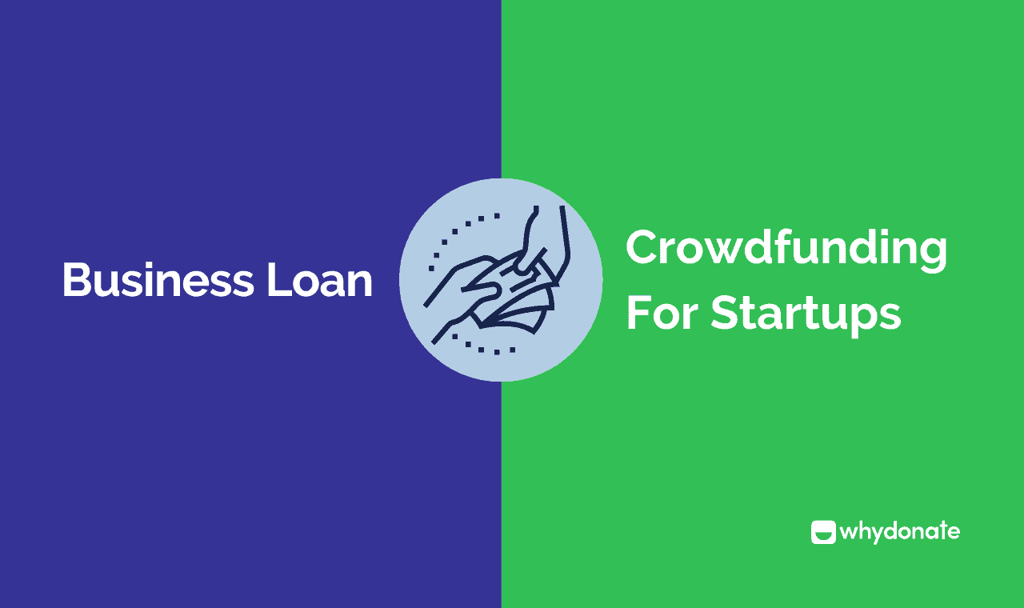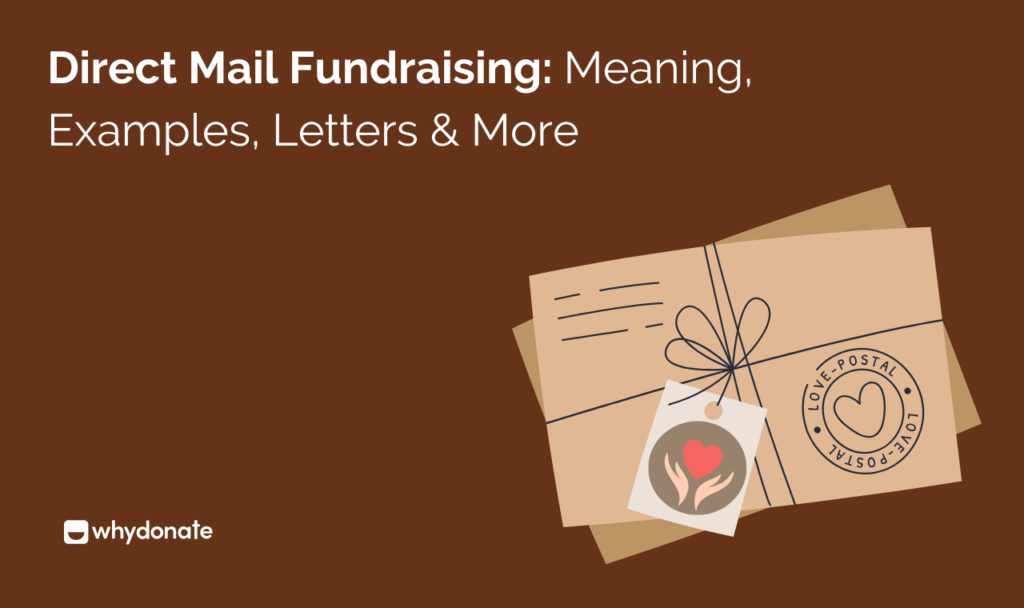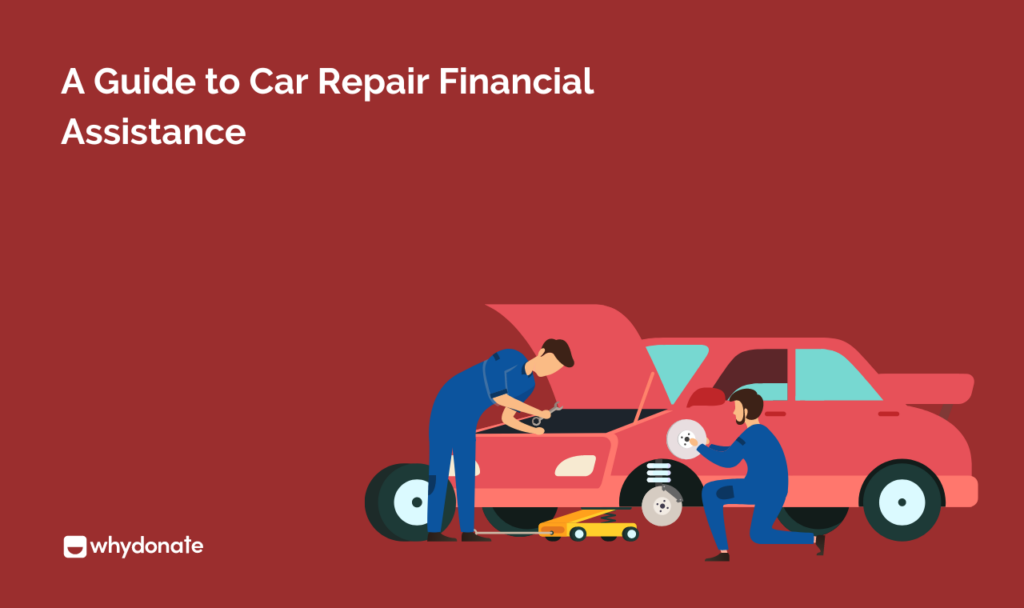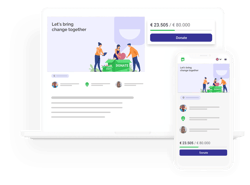Getting the money you need to start or expand a business can be a daunting task for many small businesses. There are a variety of financial options available, and it can be hard to decide which one is right for you. Getting a business loan can be very challenging for both new and established businesses. However, getting business loans is not the only option nowadays for any business. Right now, there are many crowdfunding platforms for startups available that can help businesses get the necessary funds for their organizational needs.
Kickstart your project with a crowdfunding loan and harness the strength of community backing. Launch your campaign now!
Table of Contents
What Is A Business Loan? How Does Business Loan Work?
A business loan is typically provided by financial institutions such as banks. The lender provides the borrower with a sum of money, and they agree to pay back the loan with interest and other charges over a certain period. A business loan allows the receiving organisation to make an acquisition or pay other expenses, such as payroll. At the same time, most bank loans are secured, but it requires the borrower to submit assets such as equipment or real estate to secure the loan.
Getting a loan for business purposes has been a practice for many years now. But this is not the only way to fulfil the funding goal. Business loan interest rates can be quite high for many business startups that haven’t had that kind of turnover during their initial days.

Pros And Cons Of Business Loans
Pros
- Large businesses may benefit from bank loans, as it offers a larger amount of financing quickly.
- As banks provide loans to small and medium-sized businesses, they can offer them the necessary guidance.
- Banks offer longer repayment periods, helping businesses take some time to recover funds.
- Businesses can have a good credit score if they maintain their repayments.
Cons
- Business loan approval can be long and requires a lot of documentation for the same.
- Due to a loan default or delayed payment, businesses may have to pay extra fees and penalties to the bank.
- Businesses have to pay interest on their loans.
- Regardless of the failure of a project or business, business owners are responsible for the repayment of their loans
What Are Crowdfunding Loans?
Crowdfunding loans, also known as debt-based crowdfunding, are a type of financial transaction that involves taking loans from multiple investors. The investors are then expected to be repaid with interest at the end of the loan term. This process is carried out through a platform that allows people to participate in the capital-raising process.
Debt crowdfunding lets borrowers avoid bank middlemen and lower their costs. It can also give lenders an improved rate of return. Unlike other forms of crowdfunding, in equity crowdfunding, the investors are given partial ownership of the company.
There are different types of crowdfunding loans for startups, such as peer-to-peer lending, equity crowdfunding, micro-lending, etc.
Donation Crowdfunding For Business Startups: Best Practices
Donation crowdfunding is a type of fundraising that involves asking for donations and pledges from individuals and organizations. You can get these pledges or donations through an attractive business pitch.
Through crowdfunding, individuals and businesses can raise funds for their projects as it allows them to reach out to a wide range of potential supporters and get the first look at new and innovative products. By connecting with the masses through these platforms, individuals and businesses can reach their ideal customers.
A Business can easily register their crowdfunding campaign through the crowdfunding platform and raise money to fund projects. Most crowdfunding sites do not ask for anything in return other than very minimal platform fees. All you have to do is find the right crowdfunding site for your campaign goals. People now choose crowdfunding platforms for startups as they provide much more integrated features through the fundraising platform, like donation management options, personalized thank you letters, and multiple language options.
In order to have successful crowdfunding campaigns for business organisations, all legal and ethical companies can register freely by just adding their campaign and bank account details to the crowdfunding platforms. Most of the crowdfunding sites charge platform fees or payment processing fees, or both. Raising funds through crowdfunding sites is not only easy but also has lesser restrictions than applying for any kind of loan for business. That is why the popularity of crowdfunding for startups is growing every single day.

Use The Right Crowdfunding Platforms For Startups
Finding the perfect crowdfunding platform for your business is very important. There are many crowdfunding platforms out there offering many features that you can use to your benefit. So always make a list of your requirements, your campaign goals and whether you agree with the platform fee or not.
It is your choice to go for an equity crowdfunding platform or a debt crowdfunding platform, or a donation crowdfunding platform. Choosing the right crowdfunding site can contribute a lot to a successful crowdfunding campaign.
Early-stage startups should go for donation-based platforms as they are the most affordable options out there. It is easy to raise money through such kinds of crowdfunding websites for startups than choosing crowdfunding business loans to raise capital.
WhyDonate is one of the most popular crowdfunding platforms that offer a 0% platform fee and the least payment processing fees for all users, including businesses. Startups can take a few minutes to set up their campaign and have successfully funded campaigns easily.
Through WhyDonate, startups can manage their funds, keep track of their donations and donors, as well as create custom fundraising pages to show their fundraising efforts to potential donors. Later on, fundraiser creators can simply thank their donors through the fundraising page itself, making it one of the most hassle-free processes for everyone.
Pros And Cons Of Crowdfunding
Pros –
- Easy access to a platform that already has a number of donors.
- Low-risk, no credit score requirements, and businesses don’t need to submit many documents to start their campaigns.
- No interests – just some platform fees and transaction fees.
- Although you are not required to return the funds that you raised through your crowdfunding campaign, you are still expected to fulfill certain pledges, such as equity shares and rewards.
- It can be done from the comfort of your office/house space.
Cons –
- Crowdfunding can take longer and requires a significant amount of promotion and marketing to generate contributions and interest since the money comes from various individuals and groups.
- Businesses have to do constant followups with their donors
- Just creating the campaign is not enough. Businesses have to have a social media presence and organize online events to spread the word about their campaign.
Crowdfunding Vs. Business Loans – Choose Wisely
As we discussed, crowdfunding allows investors to participate in the development of a company’s products and services. It can help generate publicity and boost the company’s market presence. It is also a relatively low-risk option, and it can provide a valuable boost to the company’s sales.
However, a business loan can be the ideal solution for larger organizations that need to secure a large amount of capital. It can provide a company with a structured loan that has a fixed interest rate. This type of loan can help the company manage its finances and plan for its future.
So it depends upon the fundraiser who can make the right decisions depending upon the existing factors that they need to take into consideration. We sincerely hope that we helped you with some insights that can steer you in the right direction.
Start a crowdfunding loan campaign today and turn your aspirations into reality!

















